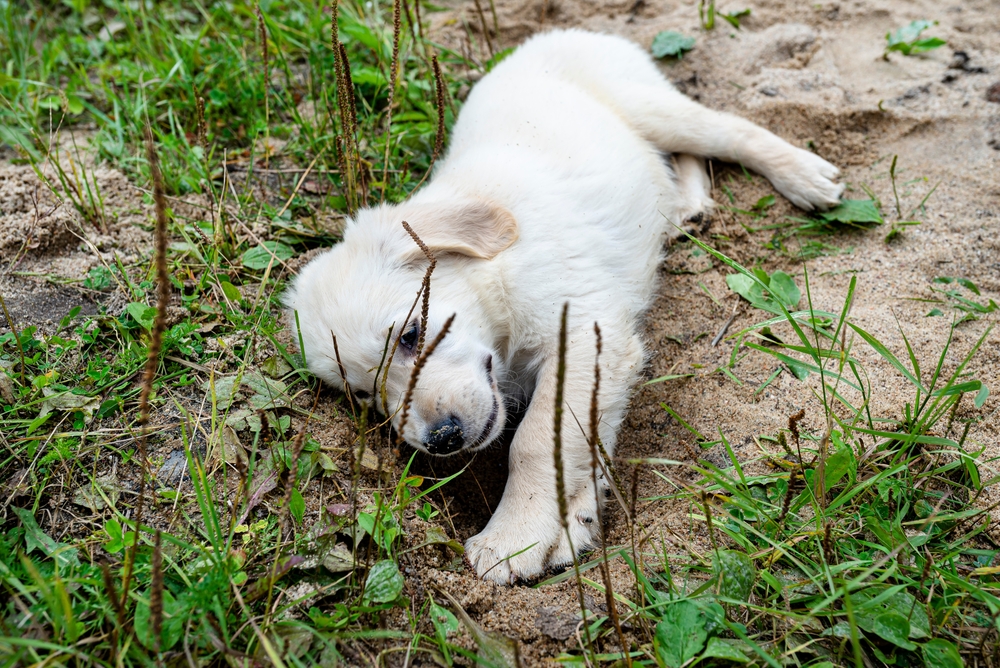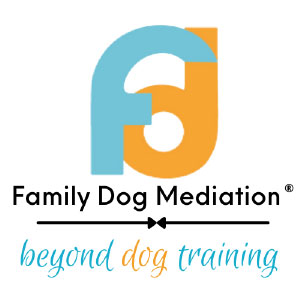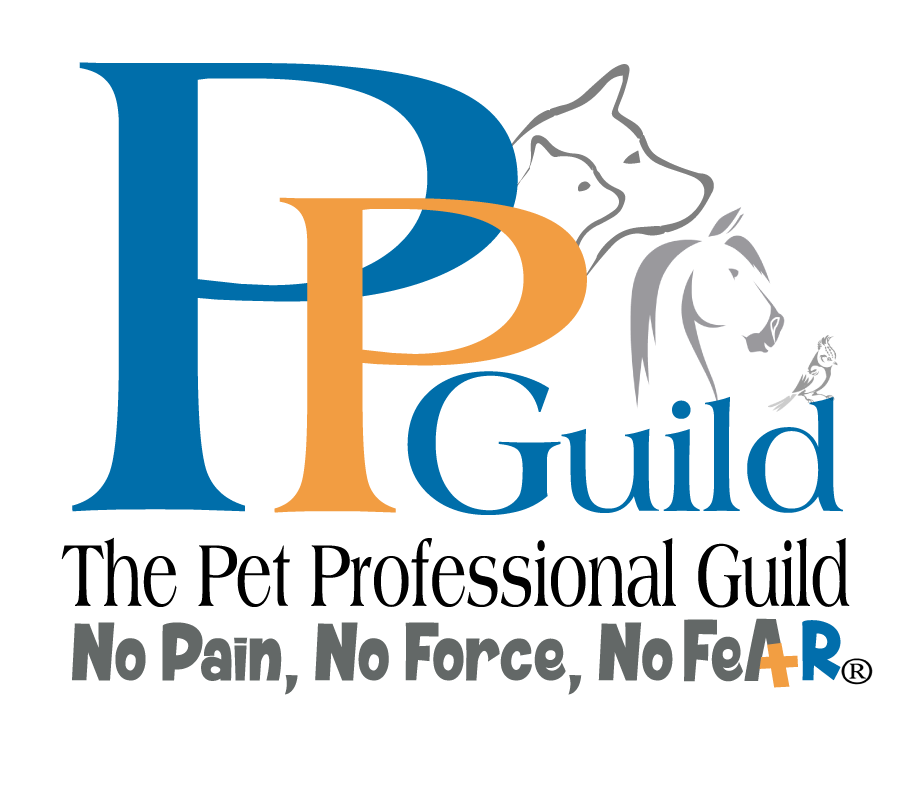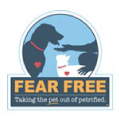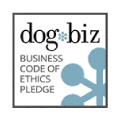It’s always exciting to bring a new puppy home. But did you know that knowing a little bit about your pup’s background can help you better understand their needs and what they are trying to communicate? Different dog breeds have different needs that need to be met in order for them to live a happy and healthy life. By the same token, understanding our puppy’s genetics, you can better understand their behavior which can help keep you from becoming frustrated with the things your puppy is doing.
This will help you better understand your pup, why they act certain ways, and how to best meet their needs.
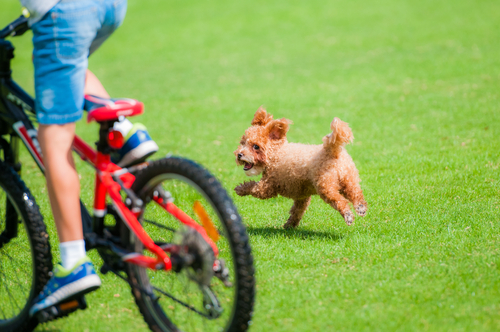 All behavior serves a function.
All behavior serves a function.
What you might see as bad or annoying behavior is just your dog trying to communicate a need. Humans look at the things their dog is doing and categorize it in two ways- 1) bad behavior or 2) good behavior. When our dogs are doing things we like such as napping, resting next to us, and hanging out on the deck with us, we view this a ‘good behavior’. When our dog is doing normal dog things such as barking, digging, chewing, chasing, pulling on leash, or growling, we view this as ‘bad behavior’. Except… these are normal dog behaviors AND they are fulfilling a need/function for your pup.
Herding dogs were bred to move livestock around, hunting dogs were used to locate prey, scent hounds were used for tracking, and guardian breeds were meant to protect livestock. As you can imagine, these different activities require different skillsets. For example, if you have a hunting dog like a Labrador Retriever, they may have a strong prey drive and exhibit behaviors like chasing smaller animals. If you have a herding dog like a Border Collie, they may try to herd other animals and people. They also might nip at the heels of running children. And if you have a guarding breed like a German Shepherd, they may be suspicious of strangers and bark at people or animals they perceive as threats.
How can I stop my dog’s behavior?
While different dog breeds were created for different purposes and therefore have different behavioral needs, there are a few enrichment activities that all dogs can benefit from regardless of breed.
These activities include:
- Mental stimulation – all dogs need enrichment activities that will challenge them mentally
- A stable routine – all dogs do well with predictability and routine
- A safe place to call their own – all dogs need a designated space where they can feel safe and comfortable
- Regular exercise – all dogs need regular exercise in order to stay healthy both mentally and physically
Other examples:
- Chewing on our shoes might be annoying but it serves the function of relieving boredom or stress (among other things). Barking at the mailman might be disruptive but it serves the function of being alert from perceived threats (or possibly boredom).
- Instead of trying to stop our dogs from engaging in certain behaviors altogether, we should instead focus on redirecting those behaviors towards more positive outlets. For example, if our dog likes to chew on our prized possessions, we can provide them withchew toys specifically designed for puppies so they can continue engaging in that behavior in a more constructive way.
- If your puppy is a descendent from dogs who flesh out varmints and likes to dig, instead of getting upset with them for digging holes in your yard or uprooting your landscaping, you can provide them with their own special dig box to provide them with a properoutlet. (no this won’t make the digging behavior worse)
- Playing a fun game of chase with a flirt pole and good game of fetch can help satisfy the needs of dogs who like to chase squirrels and cars.
But what about the bad behavior?
Remember- there is no bad behavior. All behavior serves a purpose.
Of course we aren’t going to fulfill the need of dogs who like to growl at people by giving them opportunity to growl and potentially bite someone. If your dog is a Guardian Breed or their DNA is made up of at least 30% of a Guardian Breed you will want to ensure your puppy is socialized in a positive way to people. This will include ensuring that your training plan includes focusing on having guests come over to help ensure your puppy doesn’t grow up into a dog who sees people coming into the house as potential threats to ‘guard’ and protect against.
Behavior isn’t good or bad… it’s just behavior
As you can see, much of what your puppy is doing comes from genetics. Just because your puppy might not grow up to do the job she was bred to do, doesn’t mean all those years of lineage are no longer part of her genetic makeup. Instinct is passed down from generation to generation and is hardwired. Certain behaviors are engrained in your puppy from birth- you may see some of these behaviors right away or they may surface when the right circumstance presents itself.
So, instead of looking at behavior as “good” or “bad”, let’s look at it as “desired” or “undesired” and figure out what they are trying to communicate so you can find a way to help fulfill the needs of your pup.
Remember, all behavior serves a function – even if that function isn’t immediately apparent to us.
Want help turning those “bad behaviors” into “good behaviors”? My signature Puppy Program helps with Good Manners and all your other puppy predicaments. Yes, please help me restore my sanity.

